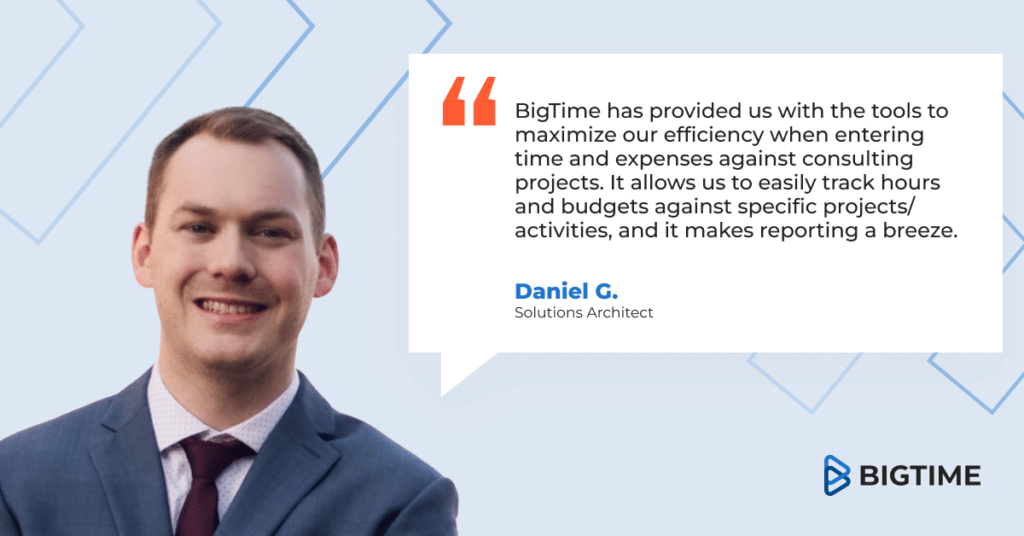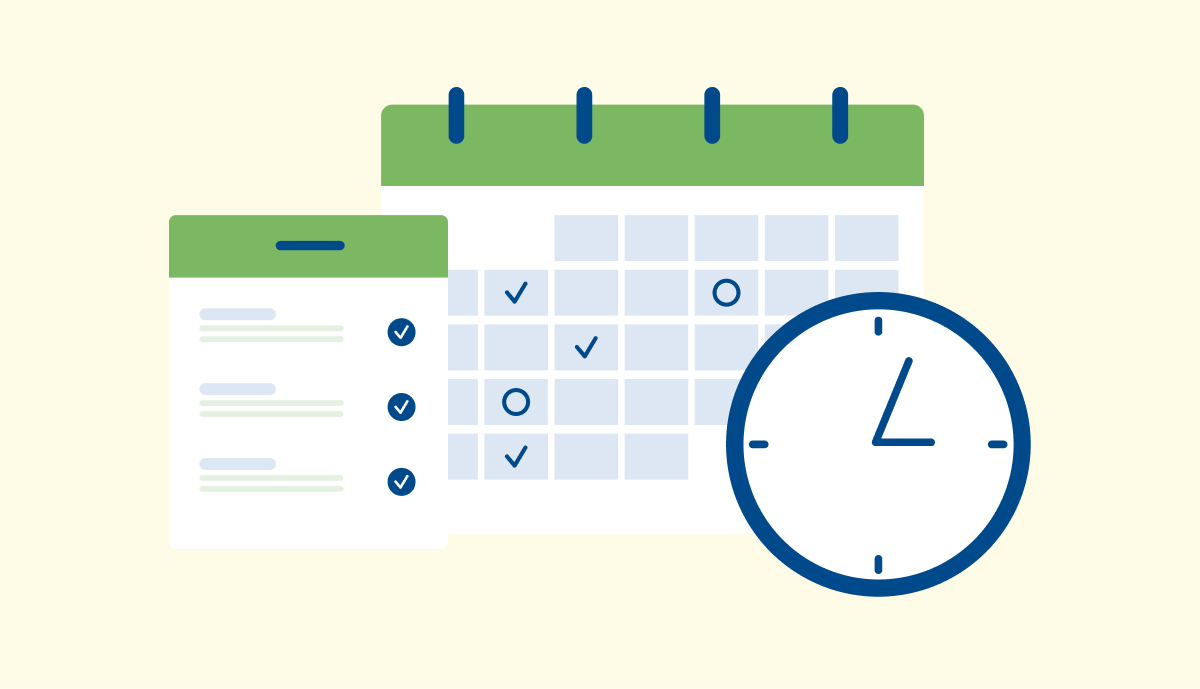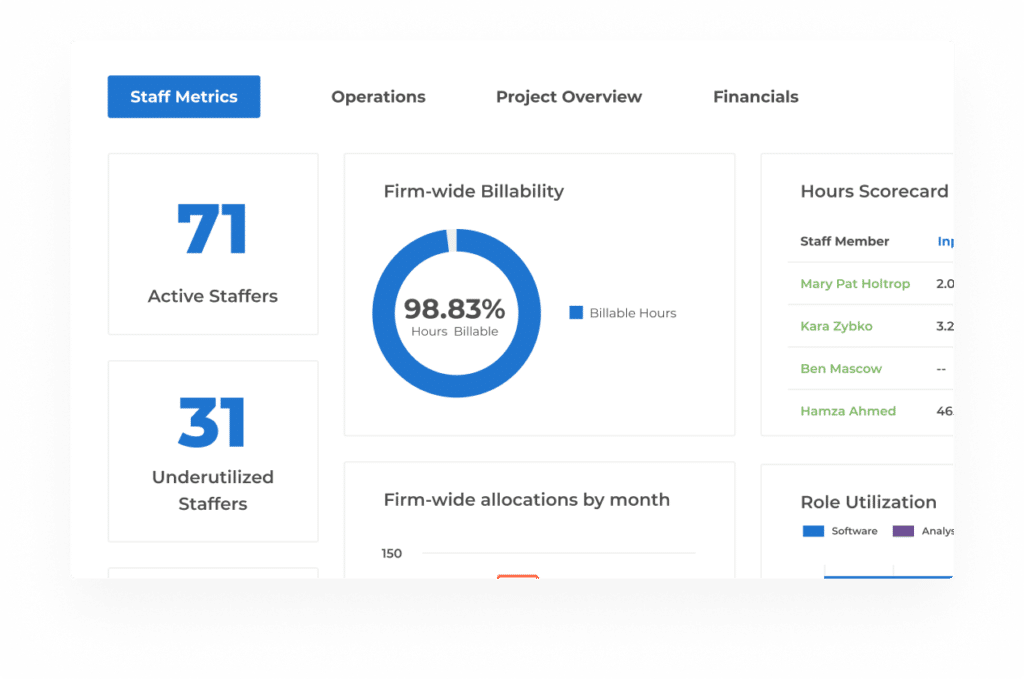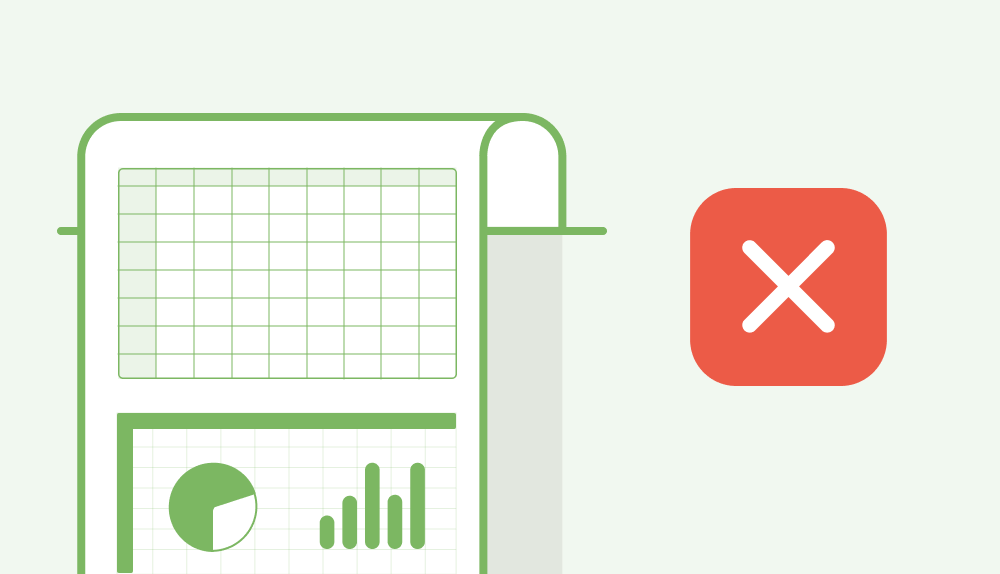You’re likely already tracking time at your organization, but what are you learning from the data? Understanding how your team’s time is spent isn’t just a necessity, it’s a strategic advantage. A time report, often seen as a routine task, offers a clear, detailed view of how your resources are utilized, revealing opportunities for improvement and optimization. With the right time tracking software, you can turn basic time data into powerful insights that drive strategic business decisions. In this blog, we’ll explore the true value of time reporting, how it extends beyond basic time tracking, and the transformative impact it can have on your operations.
Online Time Reporting: Turning Data Into Strategic Insights
For professional services organizations, time reporting has always been essential for tracking and recording hours spent on tasks and projects. Traditionally, this was a manual and time-consuming process, often prone to errors and inconsistencies. But now, with online timesheets offered through time tracking software, the process has become much easier, more accurate, and far more efficient.
These tools streamline the entire workflow, allowing teams to quickly log their hours, generate detailed reports, and gain real-time insights into how time is being spent. This not only saves valuable time but also enhances decision-making and operational efficiency across the organization.

Reporting Time: 3 Critical Insights You Gain with Time Tracking Software
Reporting time with time tracking software offers a wealth of insights that can transform how you manage your business. By providing data on everything from employee utilization to project health, this software can help you make informed decisions that drive efficiency, profitability, and overall success.
Let’s dive into 3 ways time tracking software can enhance different aspects of your operations:
1. Utilization and Capacity Management: Optimizing Team Efficiency
Effective resource and capacity management begins with a clear understanding of how your team’s time is allocated. Time tracking software offers a comprehensive view of resource utilization, enabling you to identify areas where your team may be overextended or where there is untapped capacity.
This data-driven approach allows you to optimize resource allocation, ensuring that your team is working at peak efficiency. By regularly analyzing time-tracking data, you can prevent burnout, distribute workloads more evenly, and maintain a balanced, productive team.
Learn how to solve resource allocation problems in project management.
Moreover, these insights can guide strategic decisions about team expansion or reallocation of responsibilities. By understanding where your team’s strengths and weaknesses lie, you can make informed choices about hiring, training, and project assignments, ensuring that your resources are always aligned with your business goals.
Think about this: Establish a regular “capacity check” using time-tracking data to identify underutilized team members. This practice can reveal opportunities to assign more challenging tasks or offer cross-training, enhancing overall team performance.

2. Data-Driven Project Management & Health Monitoring: Staying on Track
Successful project management relies on more than just intuition—it requires accurate data. Time tracking software transforms project management by providing concrete insights from past and ongoing projects. With this data, you can create accurate timelines, allocate resources effectively, and anticipate potential challenges.
Additionally, real-time project health monitoring enables you and your project team to detect delays or budget issues early, allowing for timely adjustments that keep projects on track and within budget. This proactive approach leads to more predictable workflows and satisfied clients.
Consistent access to real-time data also empowers project managers to make prompt, informed decisions that can get a project back on course before issues escalate. This ability to effectively manage project health, coupled with historical data, ensures that each project is not only completed successfully but also contributes to improved planning for future initiatives.
Think about this: Use time tracking software to run “what-if” scenarios during project planning. Simulating changes in team size or task order can help you identify potential bottlenecks, giving you a strategic advantage in managing timelines and resources.
3. Profitability Insights: Uncovering the Financial Impact of Time
Understanding the financial impact of time spent is crucial for driving profitability and maintaining strong project margins. Time tracking software provides valuable insights by linking logged hours directly to project costs, revealing which projects or clients yield the highest returns.
By monitoring these metrics, you can protect project margins and ensure profitability across your work. This data empowers you to refine pricing strategies, focus on high-margin projects, and address inefficiencies that may be eating into your profits. Regularly reviewing time tracking data also highlights areas where project estimates may need adjustment or where labor costs can be better controlled to safeguard margins.
These insights also improve forecasting and budgeting, allowing you to see how time investments impact overall profitability and project outcomes. This deeper understanding helps you make informed investment decisions, directing resources to the most profitable areas of your business.
Think about this: Regularly assess how project margins fluctuate over time by comparing initial estimates with actual time and costs. This can help you identify trends and make proactive adjustments to your pricing or resource allocation strategies, ensuring your projects consistently meet profitability goals.

Best Time Tracker
In professional services, the quality of your time reports is crucial for effective project management and driving profitability. BigTime’s time tracking software stands out as a top-tier solution, designed not only to simplify time entry but also to enhance the depth and accuracy of your time reports.
With BigTime, you can easily capture detailed time data and convert it into actionable insights that lead to better decision-making and improved business outcomes.
How BigTime Enhances Time Reporting:
- Flexible Time Entry: Capture accurate time data from anywhere with both desktop and mobile entry options, ensuring your reports reflect real-time work activity.
- Automated Reminders: Improve the consistency and reliability of your time reports with automatic prompts, reducing the risk of missing or late entries.
- Customizable Timesheets: Create timesheets that cater specifically to your firm’s needs, making it easier to generate precise and relevant time reports.
- Real-Time Reporting: Generate comprehensive, real-time reports that give you immediate insights into project progress, employee utilization, and profitability.
- Seamless Integrations: Enhance your time reports by easily integrating with tools like QuickBooks and Salesforce, ensuring your data is consistent and actionable across platforms.

Frequently Asked Questions About Time Report
What is a time report?
A time report is a summary that details how hours are spent on tasks or projects, providing insights into productivity, resource management, and accurate billing.
Why is time reporting important for my business?
Time reporting provides valuable insights into how your team’s hours are spent, helping you manage resources more effectively, improve project planning, and ensure that you stay on budget. It also enables you to track productivity and make informed decisions about staffing and project timelines.
How can time reporting improve project management?
By analyzing time data from previous projects, you can create more accurate timelines and budgets, allocate resources more efficiently, and identify potential bottlenecks before they occur. This data-driven approach helps ensure that projects are delivered on time and within scope.
What’s the difference between time reporting and time tracking?
Time tracking involves recording the hours worked on specific tasks or projects, while time reporting takes that raw data and organizes it into useful insights. Time reports help you analyze how time is being used, which is essential for decision-making and improving operational efficiency.




